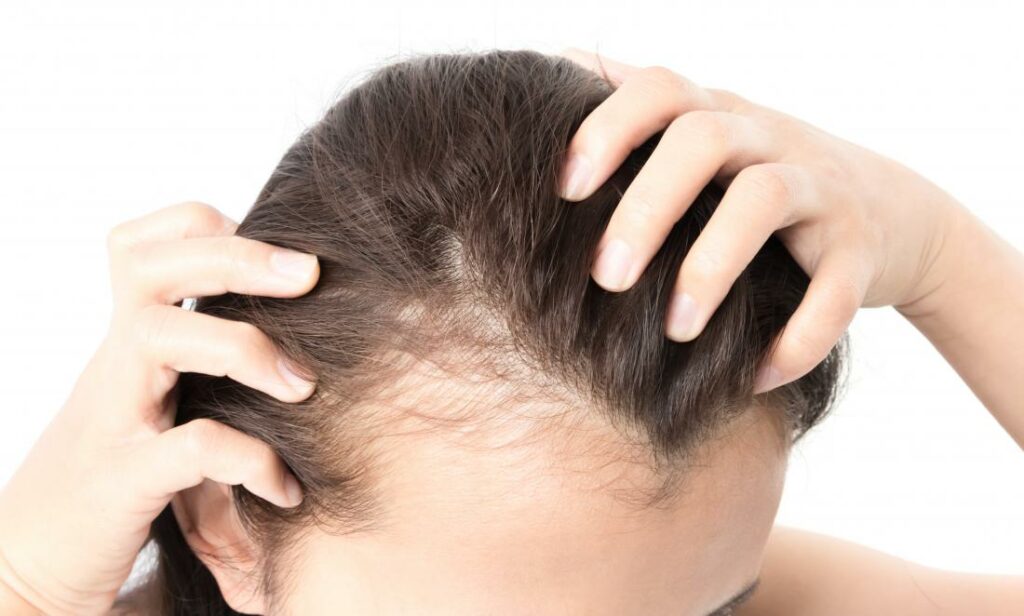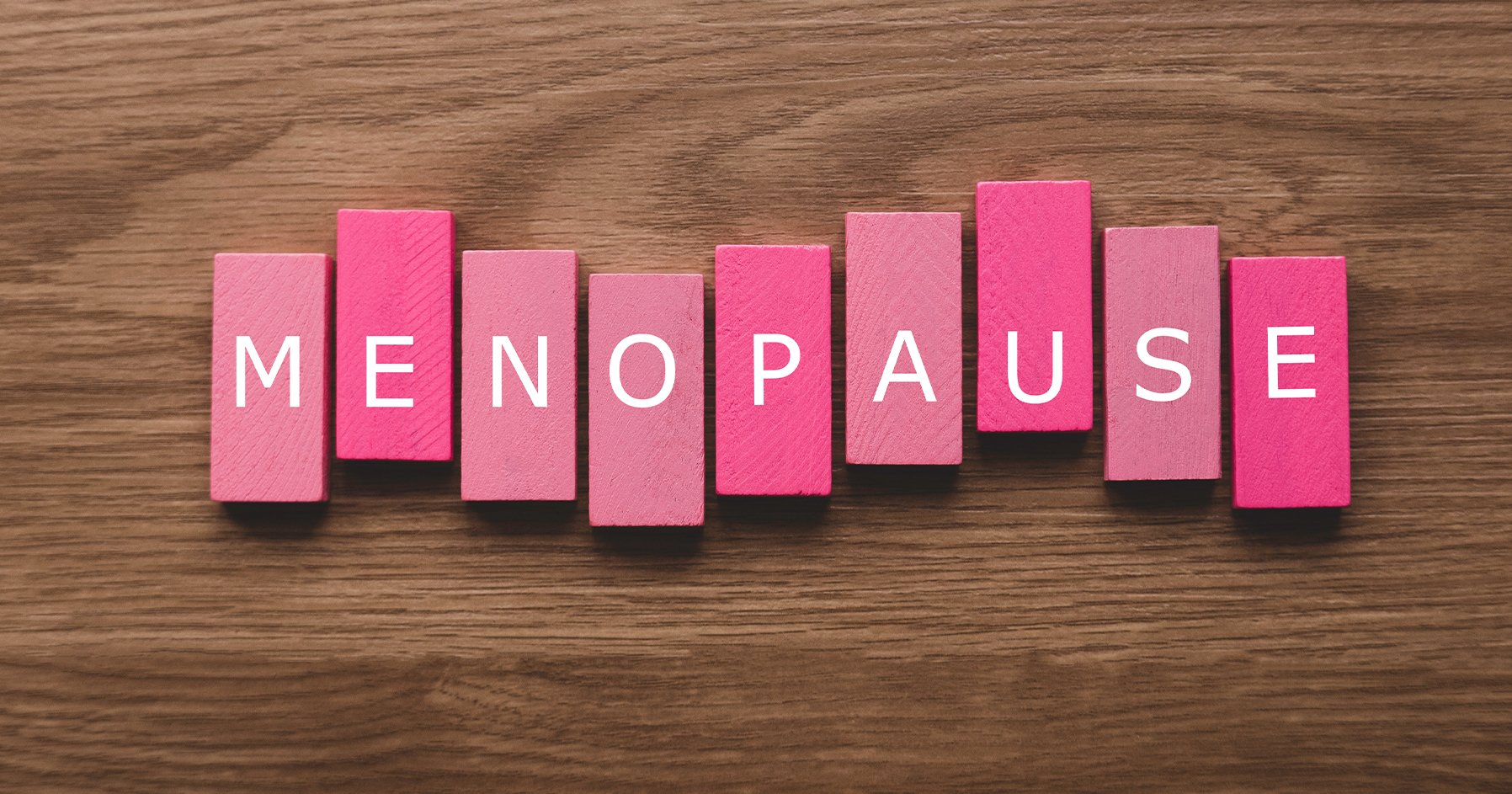Menopause is a natural biological process that signals the end of a woman’s reproductive years. Typically occurring in the late 40s or early 50s, the age at which one may experience menopause can vary. During this transformative period, the body undergoes hormonal fluctuations, resulting in a variety of physical, emotional, cognitive changes. While menopause is an inevitable part of aging, its symptoms can be challenging to manage. Fortunately, there are dietary and lifestyle changes that can help alleviate these symptoms and enhance overall well-being.
Understanding Menopause and Its Symptoms
Menopause is defined as the cessation of menstrual periods for at least 12 consecutive months. It is primarily driven by a decrease in the production of estrogen and progesterone, two essential female sex hormones. These hormonal fluctuations can lead to a wide range of symptoms, which can vary in intensity and duration.
Common menopausal symptoms include:

a. Hot Flashes: Sudden, intense feelings of heat, often accompanied by sweating and a rapid heartbeat.
b. Night Sweats: Episodes of excessive sweating during sleep.
c. Mood Swings: Emotional fluctuations, including irritability, anxiety, and depression.
d. Sleep Disturbances/Insomnia: Difficulty falling asleep or staying asleep.
e. Vaginal Dryness: Thinning and dryness of the vaginal tissues, which can lead to discomfort during intercourse.
f. Changes in Libido: A decrease in sexual desire or changes in sexual function.

g. Weight Gain and Metabolic Syndrome: Many women notice weight gain during and after menopause, especially around the abdomen. Hormonal changes, particularly a decrease in estrogen, can lead to changes in metabolism and fat distribution. This weight gain can contribute to the development of metabolic syndrome, a cluster of conditions that increase the risk of heart disease, stroke, and type 2 diabetes.
h. Low Bone Mineral Density: One of the primary concerns during menopause is the decline in estrogen levels. Estrogen plays a crucial role in maintaining bone density, and its decrease can lead to a higher risk of osteoporosis—a condition characterized by brittle and fragile bones. This condition increases the likelihood of fractures and can significantly impact a woman’s quality of life. Menopause accelerates bone loss to 2-5% per year, which may continue till 10 years. The prevalence of osteoporosis increases with age in women and not in men. It is reported that 42.5% of women and 24.6% of men above the age of 50 years suffer from osteoporosis in India.
i. Impaired lipid profile: The risk of heart disease tends to increase post-menopause. Estrogen, known for its cardiovascular protective effects, decreases during this time. Consequently, women may experience an increase in cholesterol levels and blood pressure, making them more susceptible to heart disease.
j. Cognitive Changes: Some women report cognitive changes during menopause, such as memory lapses and difficulty concentrating. While these changes are generally mild, they can be attributed to hormonal fluctuations and sleep disturbances.
Skin Changes During Menopause:

a. Dryness and Thinning: A decrease in Estrogen levels can lead to reduced oil production in the skin, resulting in dryness and thinning of the skin. This can make the skin more prone to itching and irritation.
b. Wrinkles and Sagging: The loss of collagen and elastin in the skin can lead to the development of fine lines, wrinkles, and sagging skin. These changes can contribute to the appearance of aging.
c. Acne and Breakouts: Some women may experience an increase in acne or breakouts during menopause due to hormonal fluctuations.
d. Dark Spots and Uneven Skin Tone: Hormonal changes can also lead to the development of dark spots and uneven skin tone, a condition known as hyperpigmentation.
Hair Changes During Menopause:
a. Hair Thinning: Menopause-related hormonal changes can result in hair thinning, especially at the crown of the head. This condition is known as female pattern hair loss or androgenetic alopecia.
b. Slower Hair Growth: Hair may grow more slowly during menopause, and the overall volume of hair may decrease.
c. Texture Changes: Some women may notice changes in the texture of their hair, such as increased dryness or frizziness.
Dietary Changes for Managing Menopause
 A well-balanced diet plays a crucial role in managing menopausal symptoms. Here are some dietary recommendations:
A well-balanced diet plays a crucial role in managing menopausal symptoms. Here are some dietary recommendations:
a. Calcium and Vitamin D: Adequate calcium intake is essential for maintaining bone health during menopause. Include dairy products, leafy green vegetables, and fortified foods in your diet. Additionally, vitamin D helps with calcium absorption, so ensure you get enough sunlight exposure or consider supplements if necessary.
b. Phytoestrogens: These plant compounds mimic the effects of estrogen in the body and may help alleviate menopausal symptoms. Foods rich in phytoestrogens include soy products, flaxseeds, whole grains, Brussel sprouts and vegetables like broccoli and kale
c. Omega-3 Fatty Acids: Found in fatty fish like salmon, mackerel, and walnuts, omega-3 fatty acids can help reduce inflammation and improve mood.
d. Limit Caffeine and Alcohol: Excessive caffeine and alcohol intake can worsen symptoms like hot flashes and disrupt sleep. Reducing these substances in your diet may lead to symptom improvement.
e. Hydration: Drink plenty of water to stay hydrated, as this can help with hot flashes and overall well-being.
Lifestyle Changes for a Smoother Transition

In addition to dietary modifications, lifestyle adjustments can significantly impact your menopausal journey:
a. Regular Exercise: Engaging in regular physical activity can help manage weight, reduce the risk of osteoporosis, and improve mood. Aim for at least 150 minutes of moderate-intensity exercise per week.
b. Stress Management: High-stress levels can exacerbate menopausal symptoms. Practices such as yoga, meditation, and deep breathing exercises can be effective in reducing stress and improving overall well-being.
c. Adequate Sleep: Create a sleep-friendly environment and prioritize good sleep hygiene. Limit caffeine intake in the afternoon and evening, establish a consistent sleep schedule, and avoid stimulating activities/screen time 1-2 hours before bedtime.
d. Smoking Cessation: If you smoke, quitting can improve your overall health and reduce the risk of certain menopausal complications, such as heart disease and osteoporosis.
e. Support Networks: Share your experiences with friends and family, or consider joining support groups for menopausal women. Connecting with others who are going through similar experiences can provide emotional support.
Medical Interventions: When Needed
In some cases, lifestyle and dietary changes may not be sufficient to alleviate severe menopausal symptoms. Hormone replacement therapy (HRT) can be an effective medical option for managing symptoms like hot flashes, vaginal dryness, and mood swings. However, HRT should be discussed with a healthcare provider, as it comes with potential risks and benefits that should be carefully considered based on individual health and medical history.
Women can improve their quality of life during this menopausal transition by seeking support whenever needed and shift towards a healthier lifestyle under the guidance of a dietitian/healthcare professional.
We at ‘Food n Wellness’ offer holistic lifestyle changes catering to your needs and goals. Our tailor-made programs focuses on being a healthier you ensuring you navigate menopause with confidence and comfort.
Article written by:
Dt. Shampa Banerjee
Dt. Sanjana Shah





